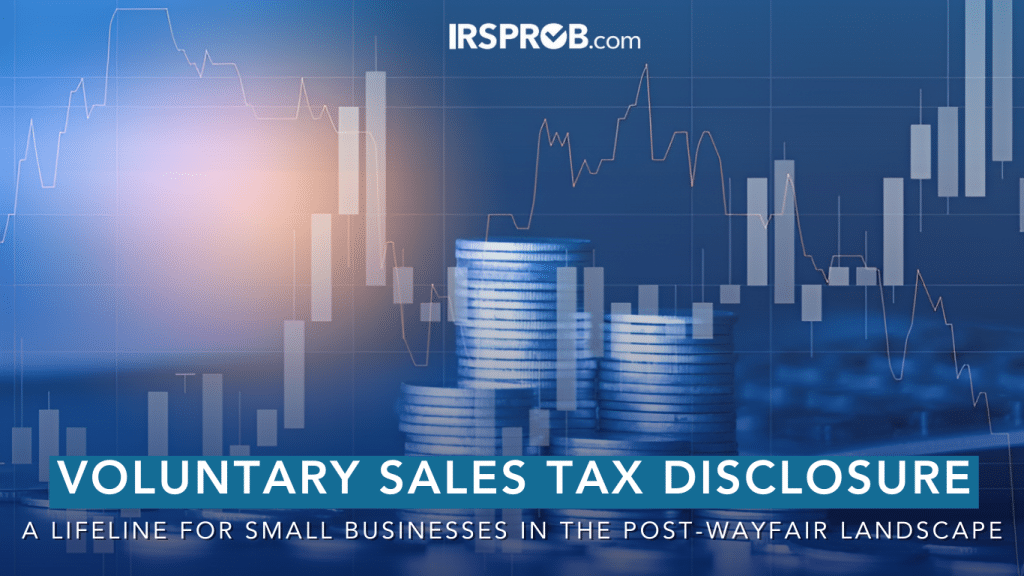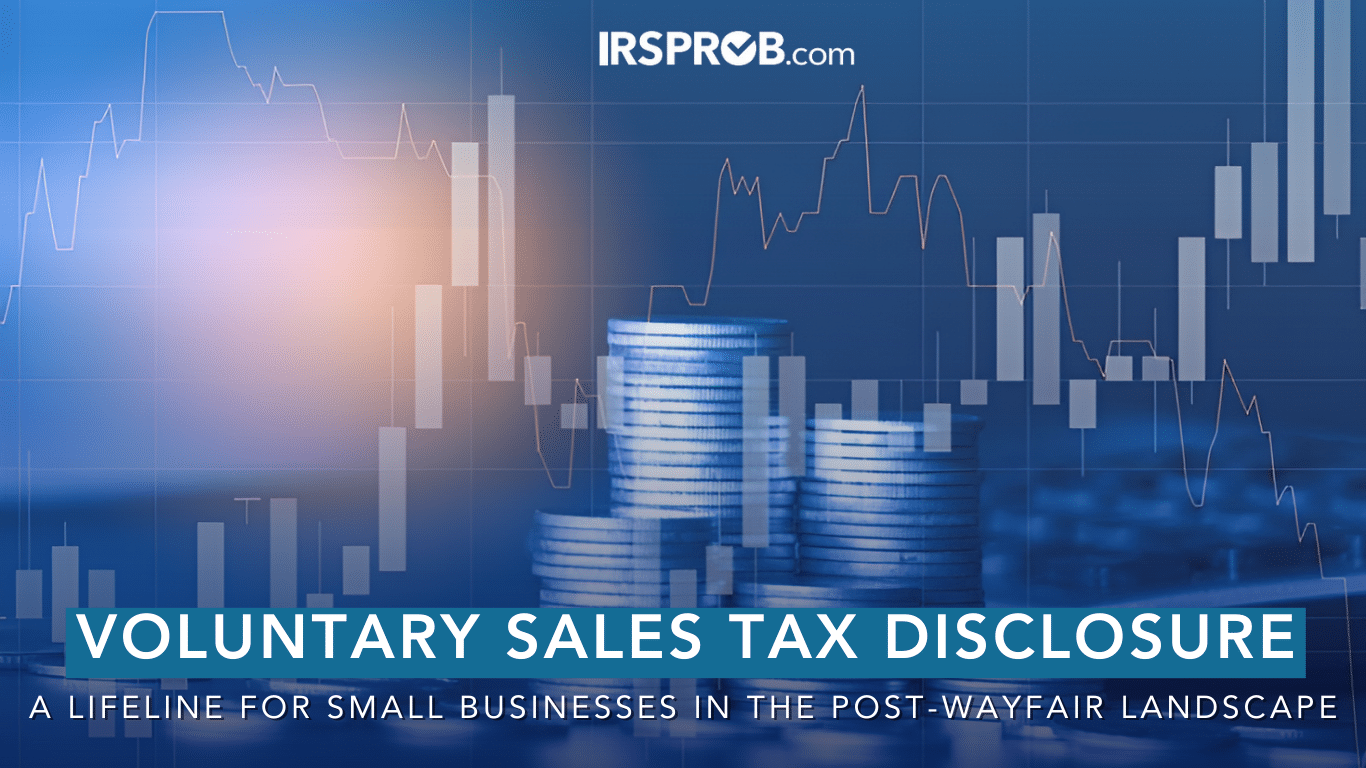
Since the Supreme Court’s landmark 2018 Wayfair decision, businesses of all sizes have faced a more complex sales tax landscape. The ruling allowed states to impose sales tax collection requirements on remote sellers based on “economic nexus” rather than a physical presence. While this has helped states bolster revenue, it has also left many small businesses struggling to navigate a patchwork of new regulations. For some, the fear of penalties and back taxes has created a strong incentive to avoid compliance altogether—a risky approach with long-term consequences.
To address this issue, the Streamlined Sales Tax (SST) Governing Board is considering a measure aimed at easing the compliance burden on remote sellers. The proposed SST Voluntary Disclosure Program would offer a way for small businesses to come forward, become compliant, and settle their tax liabilities without facing punitive measures.
What the SST Voluntary Disclosure Program Proposes
The proposed program has several features designed to encourage compliance:
- Limited Lookback Period: Sellers would only be responsible for up to two years of back taxes, rather than facing an indefinite audit period.
- No Penalties or Late Fees: Businesses that voluntarily register with participating SST states would avoid penalties and late filing fees, making it financially safer to come forward.
- Streamlined Registration: By participating in the program, sellers would register with multiple states in a simplified process, easing administrative burdens.
Although the program is still under development, it reflects a growing recognition that collaboration between states and businesses is the best way to ensure compliance while minimizing financial strain on small sellers.
Why This Matters for Business Owners
For small business owners, the Wayfair decision dramatically changed the rules of engagement. Economic nexus laws require businesses to track and remit sales tax in states where their sales exceed certain thresholds. Unfortunately, many small businesses were unprepared for this shift, and the penalties for noncompliance—ranging from interest on back taxes to significant fines—can quickly spiral out of control.
The proposed SST Voluntary Disclosure Program could be a game-changer for remote sellers who’ve fallen behind on compliance. By limiting liability and waiving penalties, it provides a low-risk pathway to becoming compliant, allowing businesses to focus on growth without the looming threat of state audits.
Steps Business Owners Should Take Now
While the SST Voluntary Disclosure Program is still in the proposal stage, business owners can take proactive steps to protect themselves:
- Evaluate Your Nexus Footprint: Determine whether your business meets the sales or transaction thresholds in the states where you operate. Many states have thresholds as low as $100,000 in sales or 200 transactions annually.
- Organize Your Records: Accurate records of sales by state will be critical if the program moves forward. Ensure your accounting systems are tracking these metrics.
- Consult with a Tax Professional: A tax advisor can help you understand your obligations, prepare for voluntary disclosure opportunities, and develop a compliance strategy.
- Stay Updated: Follow developments on the SST Voluntary Disclosure Program. If approved, it may offer a limited window to take advantage of its benefits.
The Long-Term Benefits of Compliance
Even without an official program, voluntary disclosure agreements (VDAs) are often available in most states, allowing businesses to resolve their liabilities on favorable terms. The proposed SST initiative builds on this concept, offering a more standardized and business-friendly approach.
For business owners, compliance is not just about avoiding penalties. It’s also about creating stability and predictability in your operations. Becoming compliant can protect your reputation, reduce financial risks, and ensure you’re prepared for future growth.
Final Thoughts
The Wayfair decision marked a turning point in sales tax regulation, and businesses are still adapting to its impact. Programs like the SST Voluntary Disclosure Program represent a step in the right direction, offering remote sellers a way to reset and move forward. While the program’s approval is not yet guaranteed, its potential benefits make it a development worth watching.
Business owners who take proactive steps to understand and address their sales tax obligations now will be well-positioned to take advantage of this opportunity—and to thrive in an increasingly regulated marketplace.








